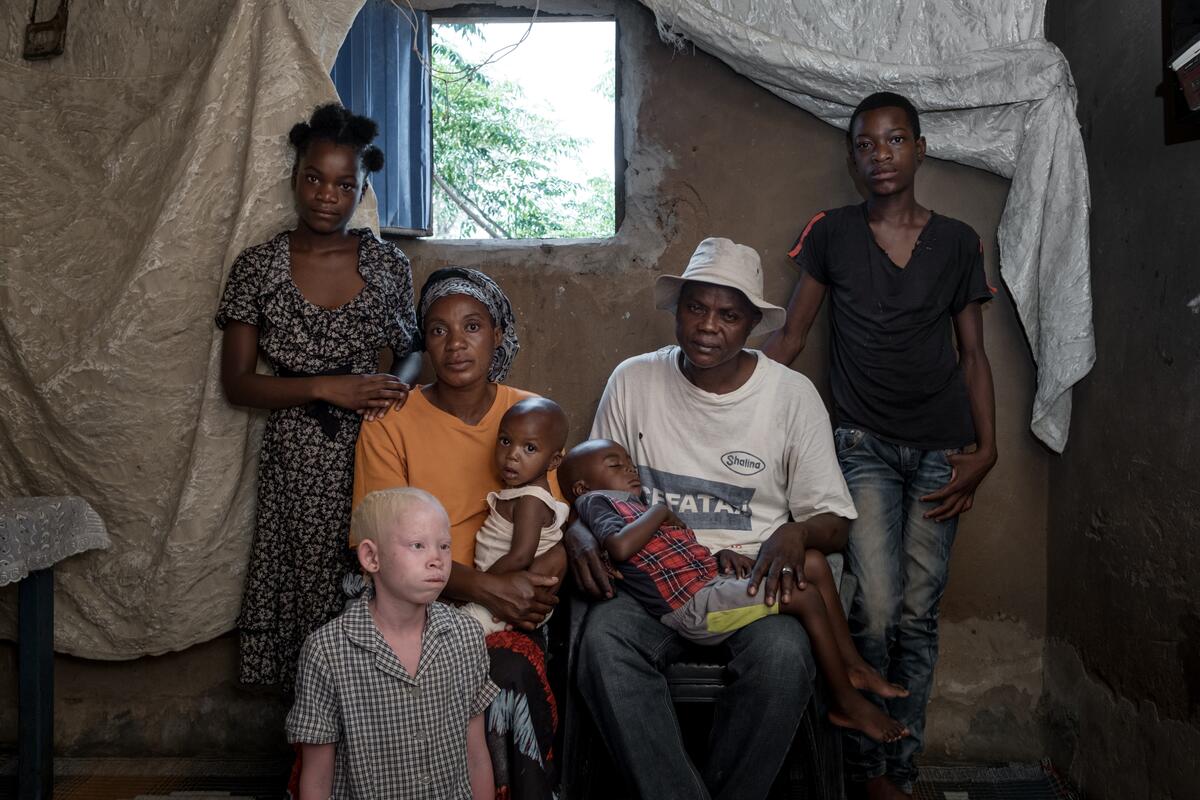In Jordan, sweet Ramadan treats unite refugees and locals
Dozens of women work busily, their hands forming balls of dough before stuffing them with date paste and molding them into small pillows, while the air around them burbles with the sound of their chatter and gradually fills with the warm, sweet scent of baking
The women are refugees from Syria, Iraq, Yemen, Sudan and Somalia, as well as local Jordanians, and they have gathered to make ma’amoul – a traditional shortbread pastry that is consumed across the Arab world during Eid celebrations to mark the end of the holy month of Ramadan.
Jordan is host to nearly 750,000 registered refugees, the overwhelming majority from the seven-year conflict in neighbouring Syria, but with significant populations also from Iraq, Yemen and Sudan.
The women have come together at a community centre in the Jordanian capital Amman, run by UNHCR- the UN Refugee Agency – and its partner the Jordanian Hashemite Fund for Human Development (Johud). The newly-opened centre aims to foster ties between refugees of different nationalities and the local community – on this occasion through their shared love of food.
“When I came here I felt a sense of belonging. I felt that the cultures and traditions we inherited from our grandparent are still going strong,” explained Iraqi refugee Kawthar. “Instead of feeling we all come from different places, like Jordan or Iraq or Syria, it makes us feel we're all Arabs. This is alone gives us a sense of belonging and unity.”
The sentiment is echoed by Mervat, a 37-year-old Jordanian who lives near the centre. “It's a tradition to make sweets at the end of Ramadan. We've got to know our refugee sisters, and we've learned how each country makes these sweets for Eid.”
After several hours of work, some three thousand golden-baked ma’amoul have emerged from two portable gas-fired ovens set up in the centre’s reception area, and are cooling in neat rows. They will then be dusted with sugar and packaged in plastic-wrapped baskets tied with ribbon, ready to be distributed to needy refugee and local families from the neighbourhood.
"We've got to know our refugee sisters, and we've learned how each country makes these sweets for Eid.”
Among the recipients to be paid a visit by the centre’s volunteers is Syrian refugee Ghania, a 47-year-old mother of six who fled Homs in 2012. She works as a house cleaner to support her children, three of whom have disabilities.
She described the daily struggle she faces to keep her family afloat, which she feels even more keenly at the end of Ramadan – a time of celebration. “This particular Ramadan has been very difficult for us financially. I have to work in so many houses, just so I can afford to pay the rent, or pay for electricity and water. I’m working so hard just to secure basic things.”
Amidst such hardship, a few packages of ma’amoul to share among the family at Eid will do nothing to change their fortunes, but it is a welcome gesture nevertheless, and one that recalls happier times.
“It reminds me of my life in Syria,” Ghania said. “I was very comfortable. I remember how we all used to get together – me, my daughters and my sisters-in-law – to make these sweets. So when I saw them coming in with this symbolic gesture, I felt happy.”
















